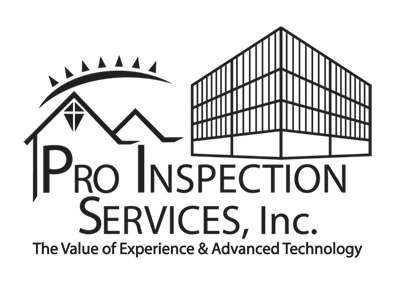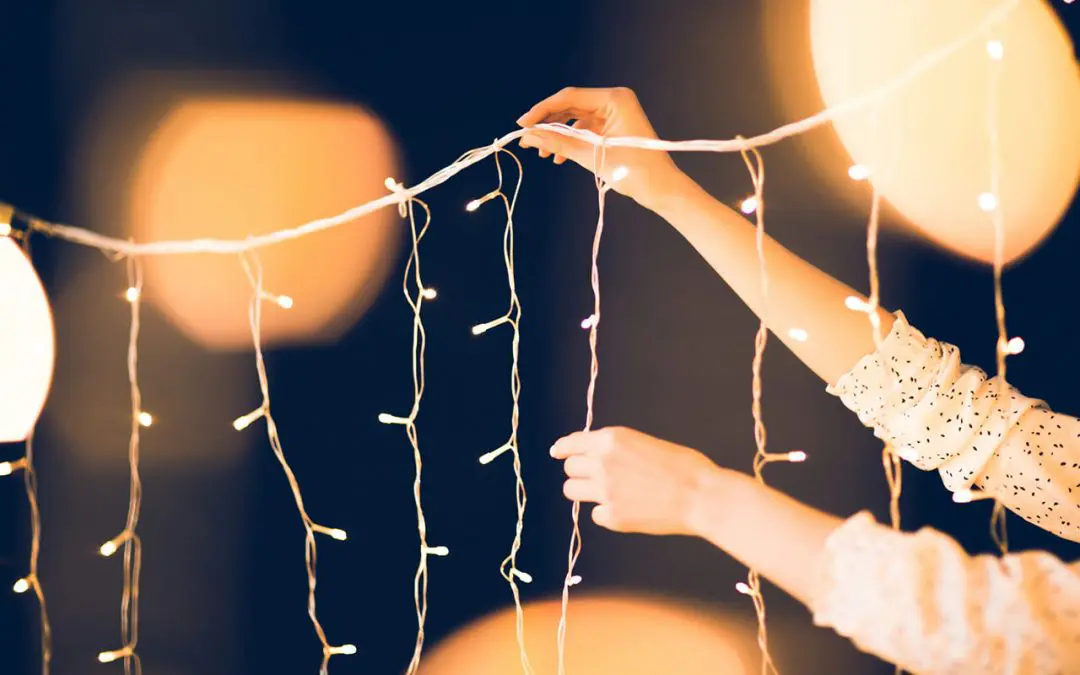Preventing Electrical Accidents During the Holidays
Electricity is a big part of everyday life and we have to keep our homes and families safe. This is especially true during the holiday season, as homes are often filled with extra lights. Electrical safety starts with a greater understanding of how electricity works in the home, and most importantly, where there are limitations.
Electricity Basics
Imagine the inside of a light bulb. It has two metallic poles with a wire in the center connecting them. Electricity will pass from one pole to the other the wire. The wire provides a small amount of resistance to the current flowing through it, which results in the wire lighting up. If too much current passes through, the wire will burn out.
Your house and the things inside of it are very much like the wire inside the light bulb. If too much electricity passes through, bad things will happen. Appliances could fail or a fire might start.
Homes are equipped with a fail-safe in the form of a circuit breaker. If too much current is being drawn by a number of items, the circuit breaker will trip, breaking the electrical connection provided to those items.
This fail-safe doesn’t protect against everything, though, and this is where malfunctions happen.
Electrical Safety Is All About Balance
Inside your electrical panel, you will find circuit breakers for your home. Some may take up one slot, while others take up two. It’s important for a homeowner to know where the electrical panel is for electrical safety. If too much current passes through a circuit breaker, it will trip, and you will need to reset it.
Think back to the example of the lightbulb. Light is made possible by the wire inside of it resisting current. Overloading a circuit with lots of things plugged in or using items with frayed power cords will increase the resistance, which can come in the form of heat. This will result in damage to electrical items or things catching fire.
Seasonal Electrical Safety Tips
During the holidays, it’s common to decorate your house with lights. It’s important to practice electrical safety and consider the amount the amount of power these lights consume and how our homes handle them. LED lights are low-power alternatives to incandescent bulbs.
Don’t overload your outlets with lots of power strips. If you need more outlets, hire a qualified technician to install them in your home. Make sure that new outlets that are installed have AFCI protection to prevent instances where a fire might start.
Pro Home Inspection Services provides home inspections to Charleston and the surrounding areas. Contact us to schedule an appointment.

